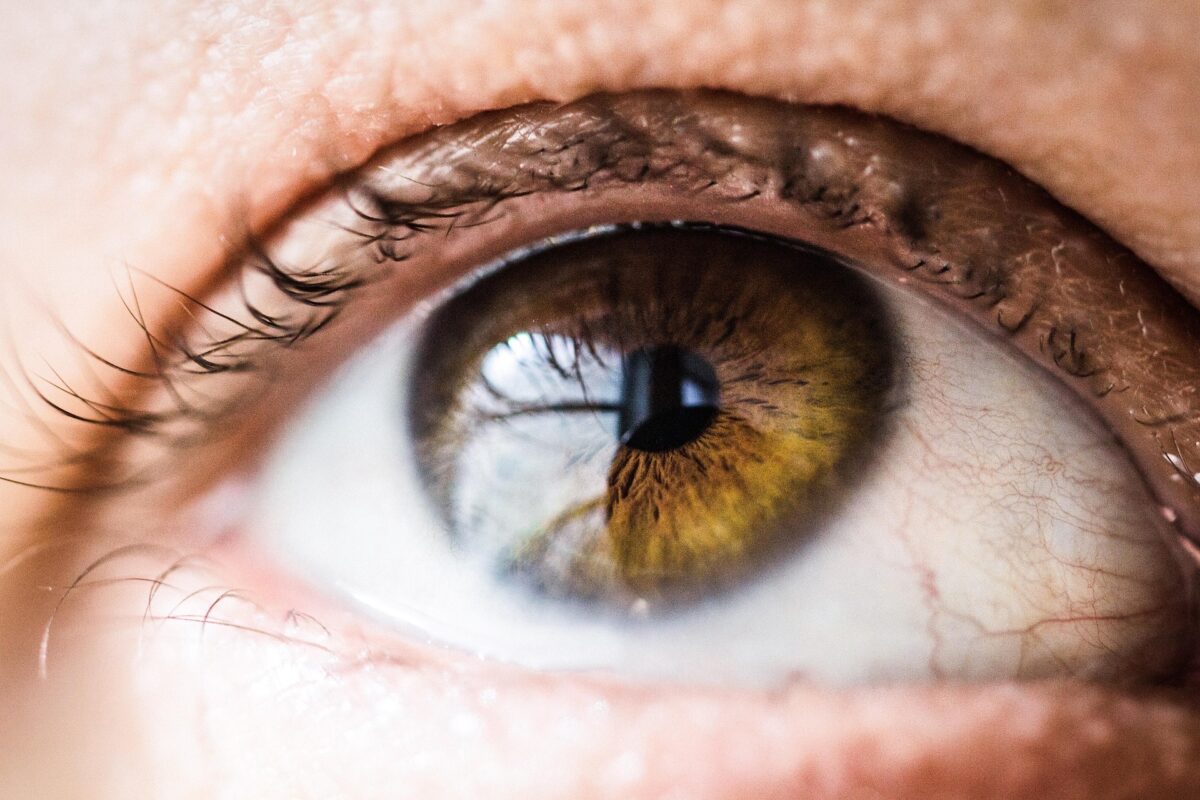“The eyes are the windows to the soul,” they say. But what happens when those windows are perpetually shrouded in shadow? Hooded eyelids, a common concern as we age, can make us look tired, older, and even a bit grumpy. While surgical procedures like blepharoplasty offer dramatic results, many of us seek more natural, holistic approaches.
Tired of Looking Tired? How to Naturally Combat Hooded Eyes
This article explores six effective tips to help you combat hooded eyelids without invasive medical intervention. We’ll delve into lifestyle adjustments, targeted exercises, and natural remedies that can subtly lift and rejuvenate the delicate eye area.
1. The Power of Proper Hydration
Dehydration can wreak havoc on your skin, causing it to appear dull, saggy, and – you guessed it – more prone to hooding.
- Step 1: Start your day with a large glass of water upon waking.
- Step 2: Carry a water bottle throughout the day and sip from it consistently.
- Step 3: Infuse your water with fruits like lemon, cucumber, or berries for added flavour and antioxidants.
- Step 4: Limit sugary drinks, alcohol, and excessive caffeine, as these can dehydrate you.
- Step 5: Monitor your urine colour. A pale yellow hue indicates good hydration.
- Step 6: Increase your water intake during hot weather, exercise, and illness.
2. The Importance of Quality Sleep
Sleep deprivation not only makes you feel sluggish, but it also impacts your appearance. When you’re sleep-deprived, your skin produces less collagen, the protein responsible for maintaining skin elasticity and firmness.
- Step 1: Aim for 7-9 hours of quality sleep per night.
- Step 2: Create a relaxing bedtime routine. This could include a warm bath, reading, or listening to calming music.
- 3: Make sure your bedroom is dark, quiet, and cool.
- 4: Avoid screens (phones, tablets, computers) an hour or two before bed.
- 5: Invest in a comfortable and supportive pillow.
- 6: If you have trouble sleeping, consult a healthcare professional to rule out any underlying sleep disorders.
3. The Magic of Facial Massage
Facial massage can improve blood circulation, lymphatic drainage, and muscle tone, all of which can contribute to a more lifted and youthful appearance.
- Step 1: Cleanse your face thoroughly.
- Step 2: Apply a gentle facial oil or cream.
- Step 3: Use your fingertips to gently massage the area around your eyes, starting at the inner corners and moving outwards.
- 4: Perform gentle upward and outward strokes to lift the skin.
- 5: Include lymphatic drainage techniques, such as gentle sweeping motions towards the lymph nodes.
- 6: Be gentle! Avoid excessive pressure, as this can damage delicate skin.
4. The Eye-Opening Benefits of Eye Exercises
Just like any other muscle, the muscles around your eyes can be strengthened with regular exercise.
- Step 1: Start with simple exercises like gentle blinking and eye rolls.
- Step 2: Try palming: gently cup your hands over your closed eyes to relax them.
- Step 3: Incorporate exercises that focus on lifting the eyebrows and forehead.
- 4: Perform these exercises daily for a few minutes.
- 5: You can find many eye exercises online or consult with an eye care professional for personalised guidance.
- 6: Be patient and consistent! Results may take time to become noticeable.
5. The Nutritional Power of Antioxidants
Antioxidants help protect your skin from damage caused by free radicals, which can accelerate ageing.
- Step 1: Include plenty of fruits and vegetables in your diet, especially those rich in vitamins C and E, such as berries, citrus fruits, spinach, and almonds.
- Step 2: Consider incorporating foods rich in omega-3 fatty acids, such as salmon, flaxseeds, and walnuts, into your meals.
- Step 3: Explore antioxidant-rich supplements, such as vitamin C and E, but always consult with a healthcare professional before starting any new supplements.
- 4: Limit your intake of processed foods, sugary drinks, and excessive amounts of alcohol, as these can contribute to oxidative stress.
- Step 5: Focus on a balanced and whole-foods-based diet for overall skin health.
- 6: Remember that a healthy diet is just one piece of the puzzle. Combine it with other healthy lifestyle habits for optimal results.
6. The Importance of Sun Protection
Sun exposure can accelerate skin aging, including the development of hooded eyelids.
- Step 1: Wear a broad-spectrum sunscreen with an SPF of 30 or higher every day, even on cloudy days.
- Step 2: Reapply sunscreen every two hours, or more frequently if swimming or sweating.
- 3: Wear a wide-brimmed hat and sunglasses to protect the delicate skin around your eyes.
- 4: Seek shade during peak sun hours (10 am to 4 pm).
- 5: Avoid sunbeds and tanning booths altogether.
- 6: Remember that sun damage is cumulative, so consistent sun protection is crucial for long-term skin health.
Disclaimer: This article is for informational purposes only and should not be considered medical advice. If you have any concerns about your eye health or appearance, please consult with a qualified healthcare professional or a dermatologist. By incorporating these tips into your daily routine, you can naturally combat hooded eyelids and reveal a more youthful and refreshed appearance. Remember, consistency is key!
Get help to protect and grow your business faster more cost-effectively
Find out more about Lifestyle Improvement Club Corporate Membership
Subscribe for free lifestyle improvement tips reviews and money saving ideas
Read more lifestyle improvement articles and watch videos for free
Read Watch Discover :
- Reduce hooded eyelids naturally without surgery – individuals seeking non-invasive solutions.
- Natural remedies for hooded eyes and sagging eyelids
- Eye exercises to lift hooded eyelids at home – more specific exercises.
- Best diet and lifestyle changes for hooded eyelids – the importance of diet and lifestyle factors in addressing hooded eyelids.
- How to get rid of hooded eyelids naturally over 55 – hooded eyelids are a common concern as we age.
Relevant hashtags :
- #HoodedEyes
- #AntiAgeing
- #NaturalRemedies
- #SkincareTips
- #Eyes
- #RetirementMagazine
- #RetirementTV
- #Over55s
- #RetirementClub
- #ElderlyGurus
X
Reduce hooded eyelids naturally without surgery


